News

UK Center of Excellence in Rural Health is pleased to announce the third-annual Appalachian Research Day, Come Sit on the Porch.
Community-based research begins at the local level, built upon the foundation of relationships with individuals, neighborhoods, and groups who have common questions and concerns. Appalachian Research Day is an opportunity to join in the discussion and learn about findings from research studies that have occurred in local communities.
Come learn about research projects in our community and how you can get involved.
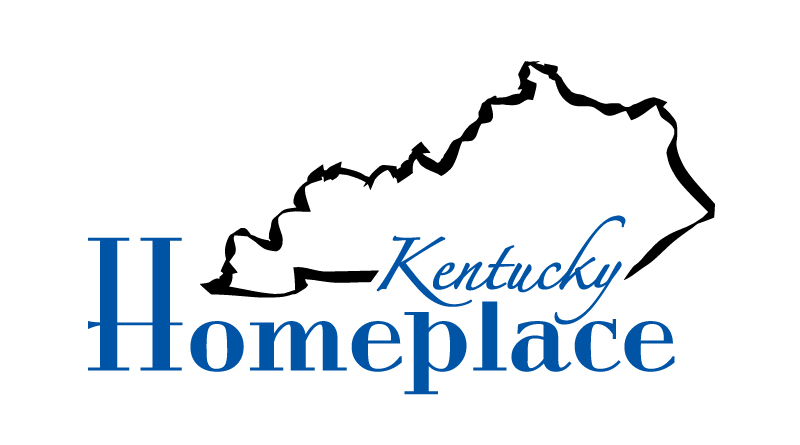
Community health workers are becoming an integral part of a health system that is increasingly focused on outcomes and the social determinants of health. This article, found on the Kentucky Health News website, discusses Kentucky Homeplace and similar programs as well as the future of community health workers.
Read more at Kentucky Health News.
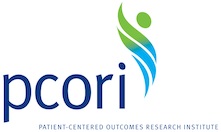
Research being conducted at the UK Center of Excellence in Rural Health (CERH) to identify health related issues that are relevant to individuals with stroke, spinal cord injury, and brain injury was featured on WYMT-TV and the Hazard-Herald News.
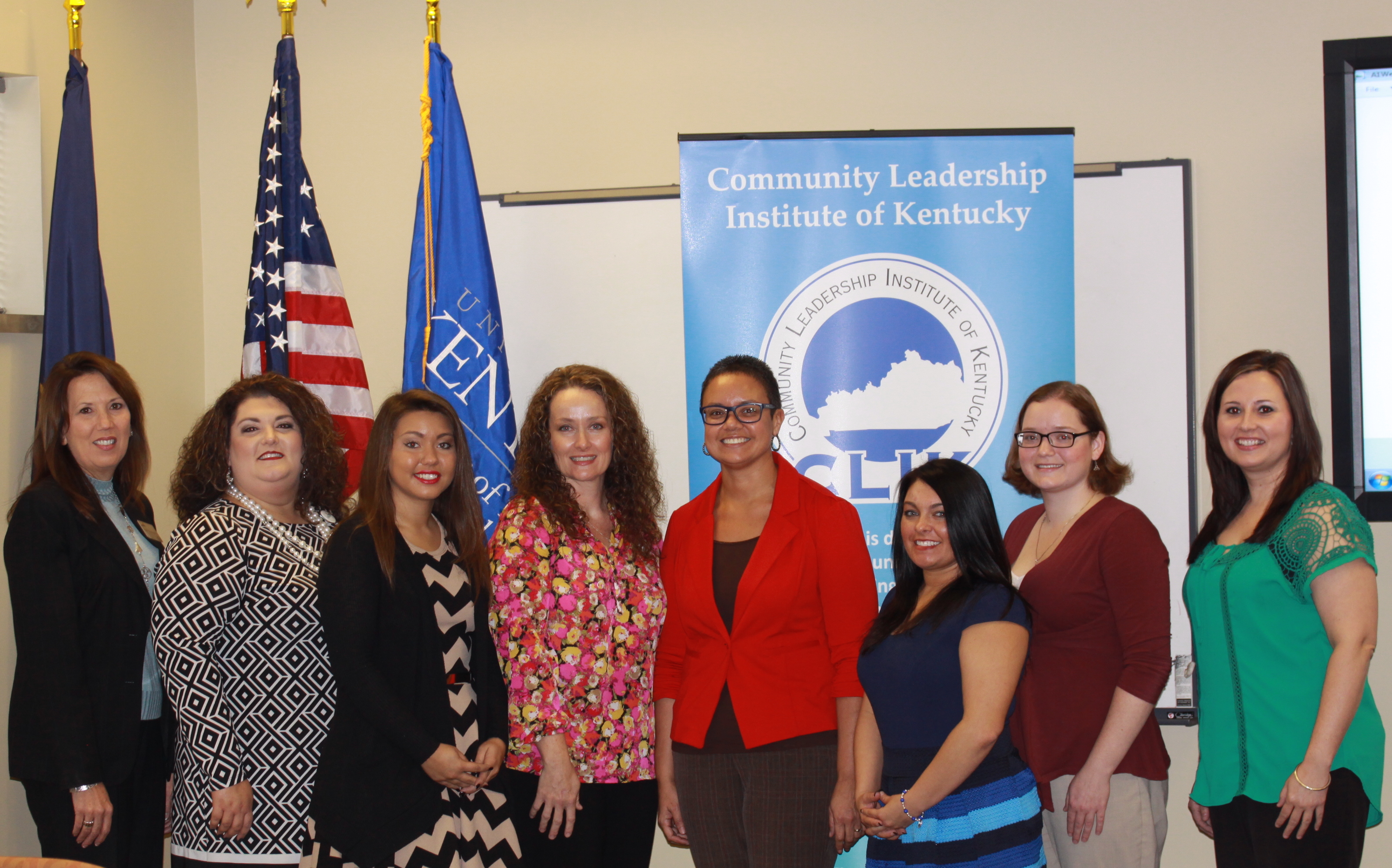
Article Jan. 19, 2017. Originally posted at: http://uknow.uky.edu/research/community-leadership-institute-kentucky-accepting-applications
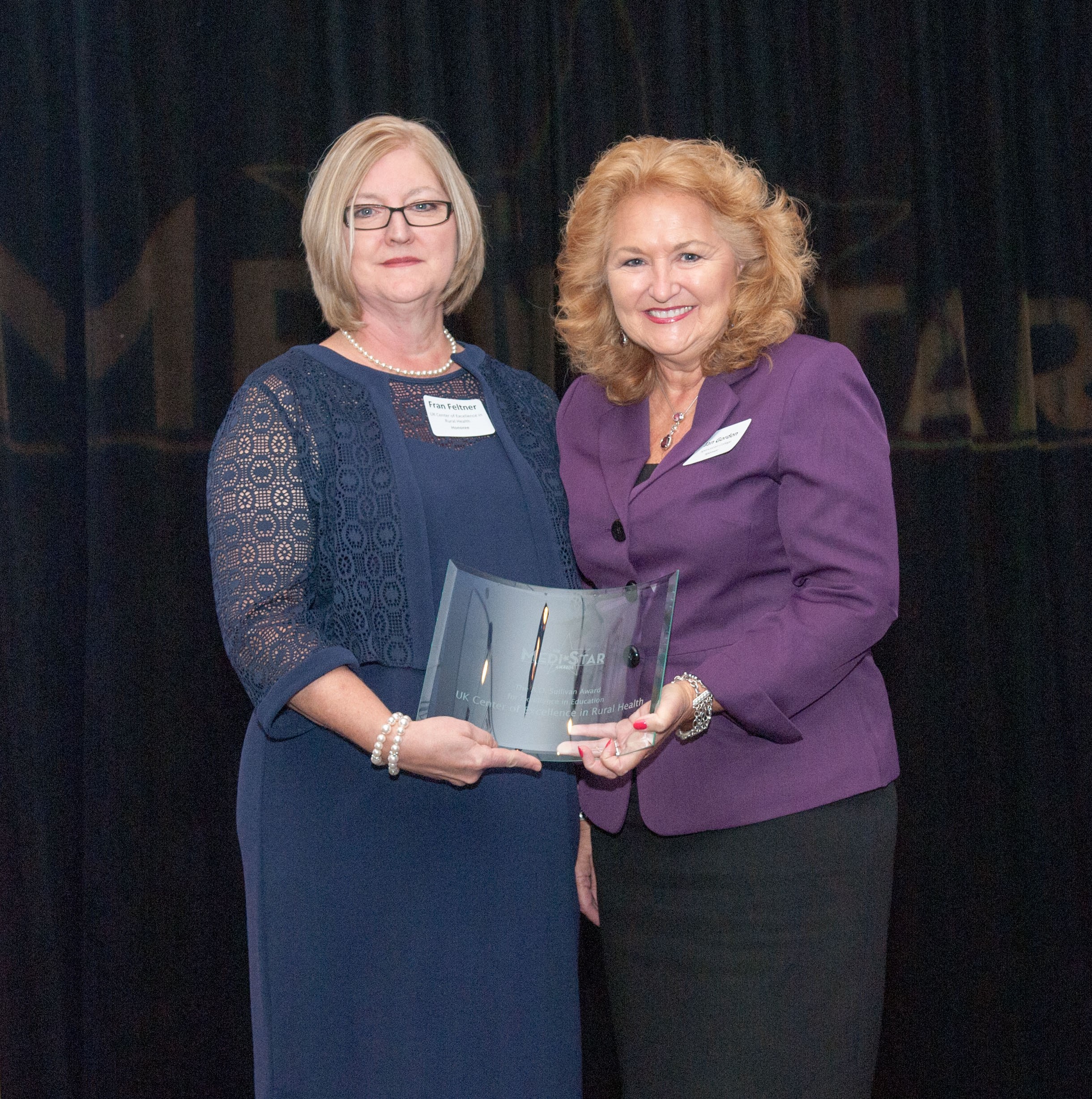
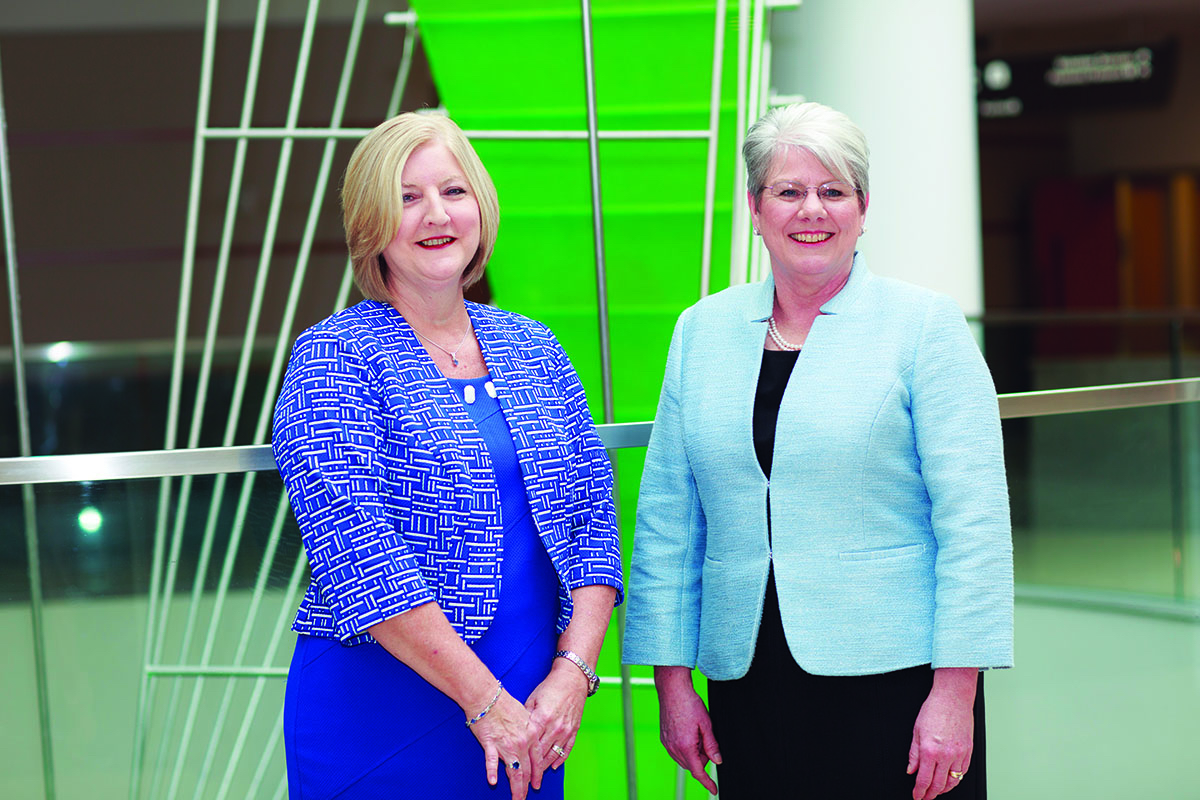
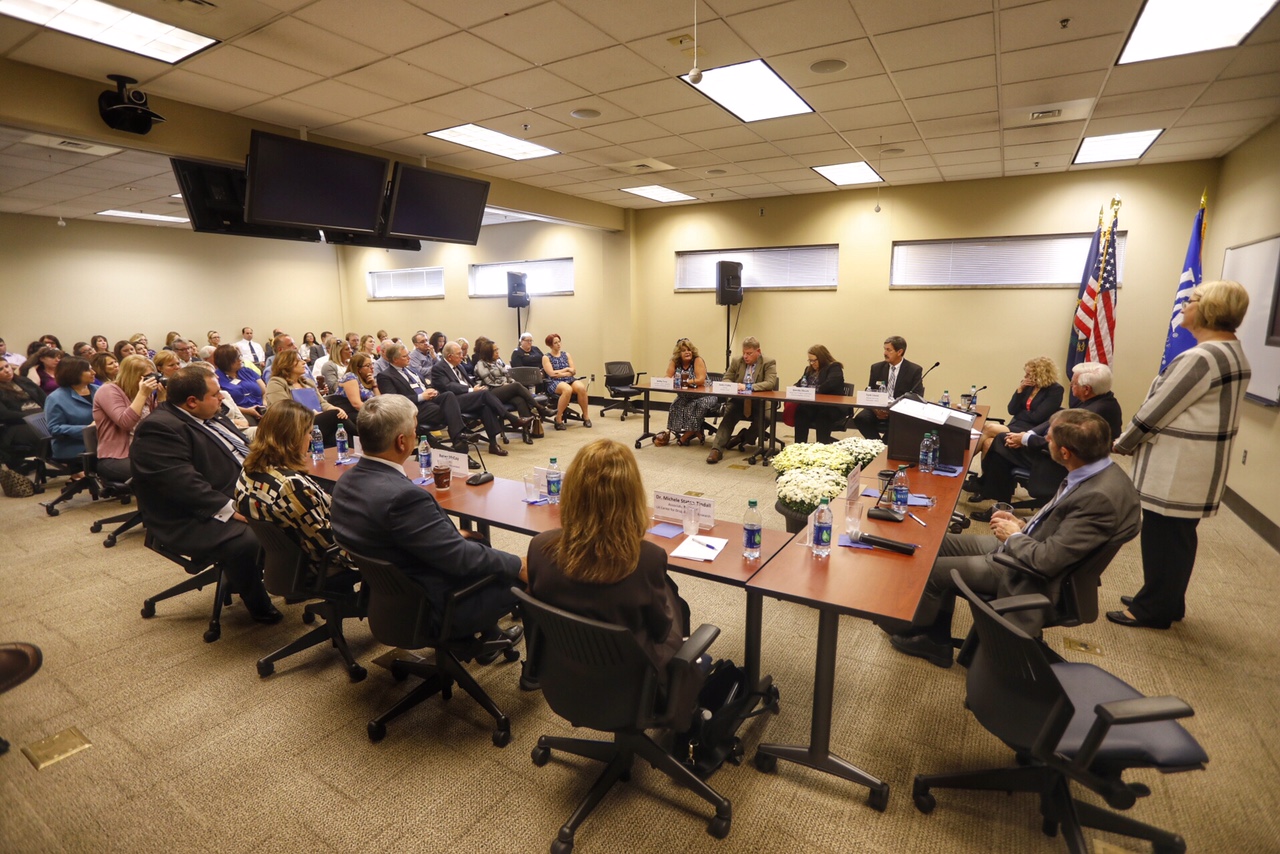
U.S. Rep. Harold "Hal" Rogers along with top leaders from the National Institutes of Health spent Thursday in Hazard discussing and examining efforts to combat high rates of cancer and substance abuse disorders plaguing Kentucky's Appalachian region.
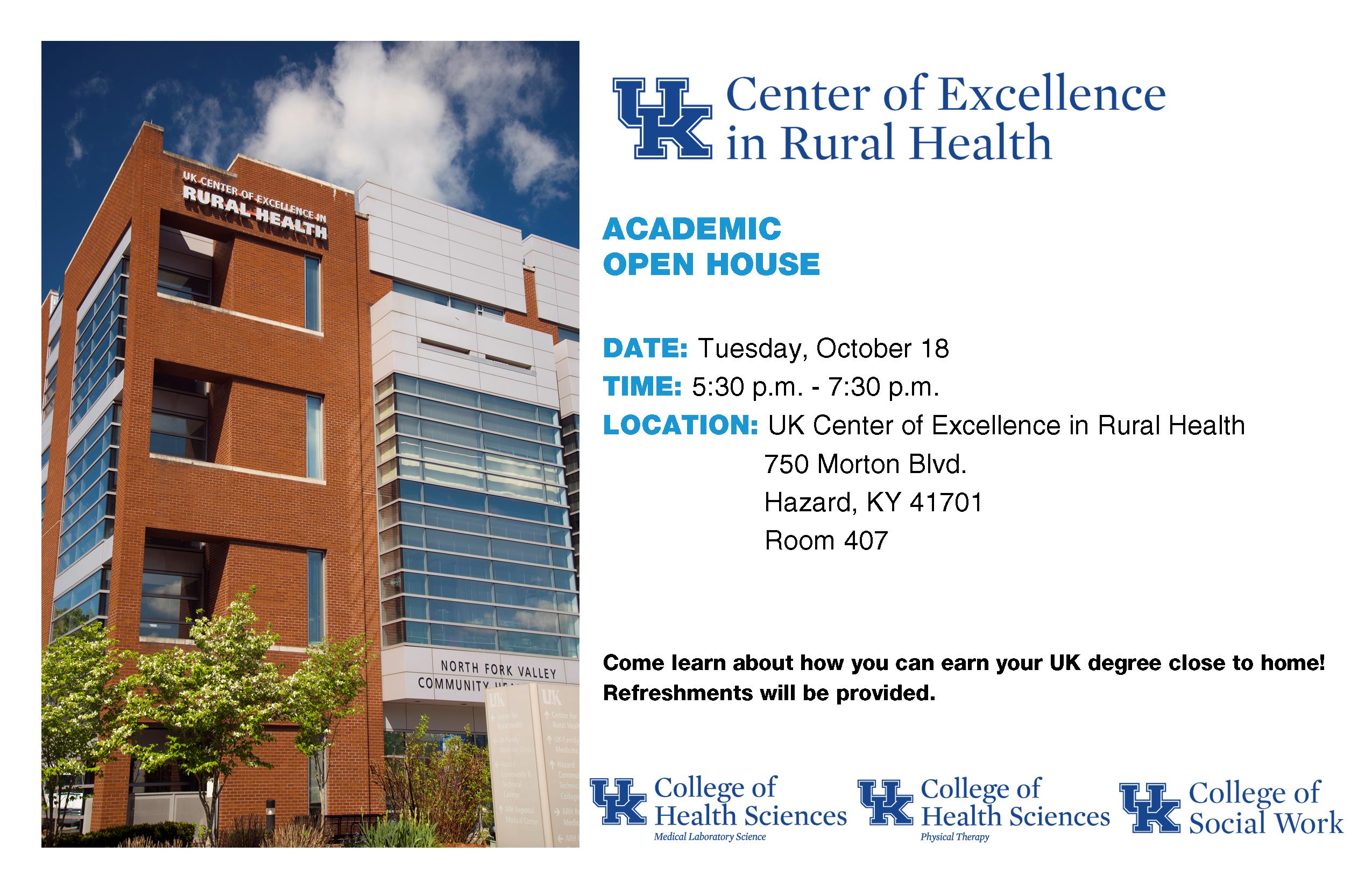
The UK Center of Excellence in Rural Health is hosting an Academic Open House on October 18th from 5:30pm-7:30pm.
Join us to learn about how you can earn a Bachelor’s in Medical Laboratory Science, Bachelor of Arts in Social Work, Master of Social Work or a Doctorate in Physical Therapy.
![IMG_7351[7].JPG](/sites/default/files/article/images/IMG_7351%5B7%5D.JPG)
Award honors lifetime contribution to rural health in Kentucky
For Immediate Release
Media Contact:
Tina McCormick
krha@twc.com
(270) 577-1707
September 21, 2016 – The Kentucky Rural Health Association (KRHA), which is dedicated to improving the health status of rural Kentuckians through education and advocacy, has announced the 2016 Dan Martin Award recipient, Dr. Fran Feltner.
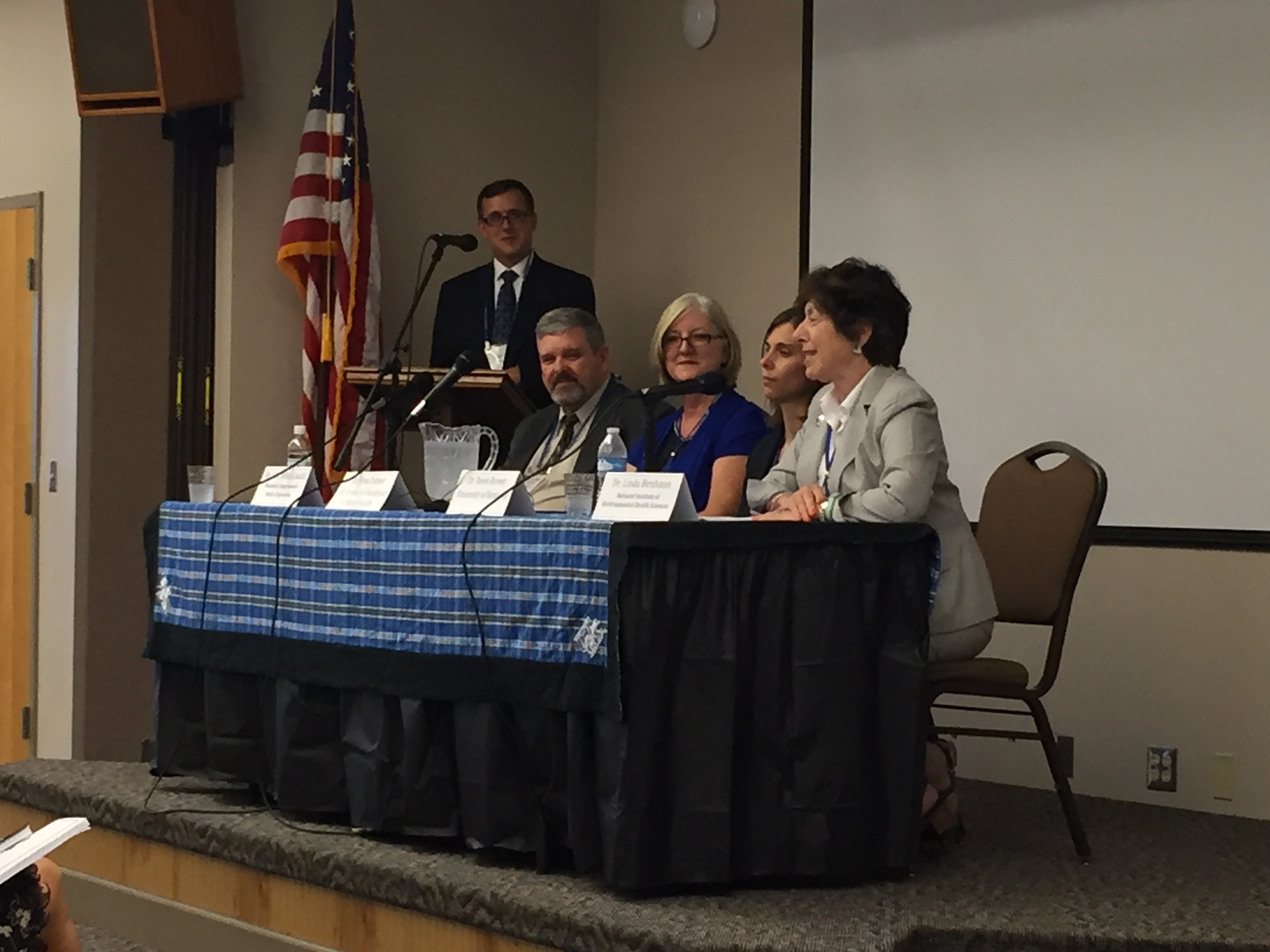
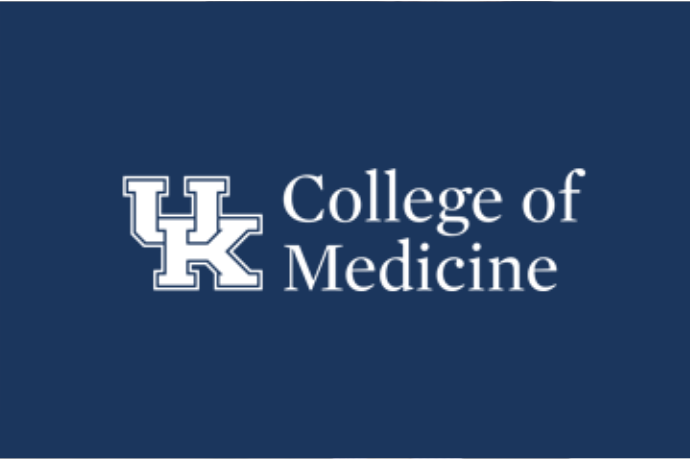

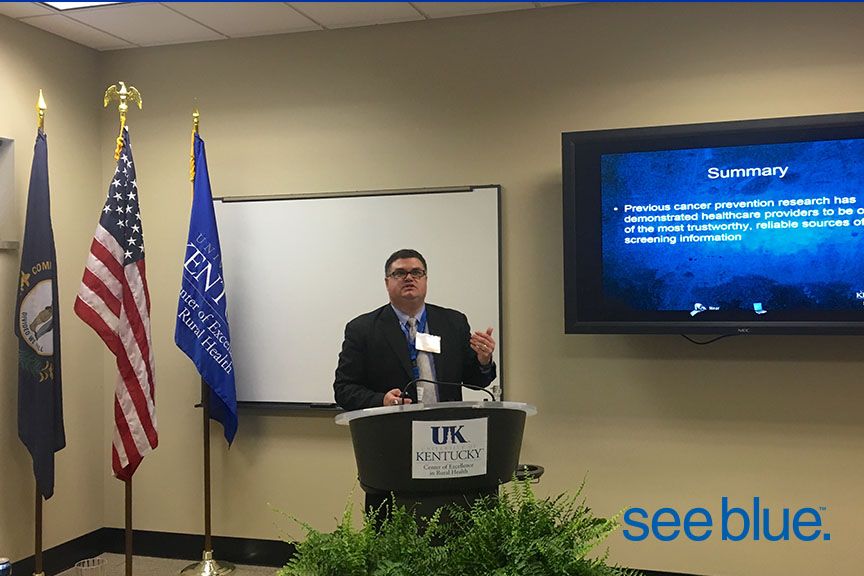
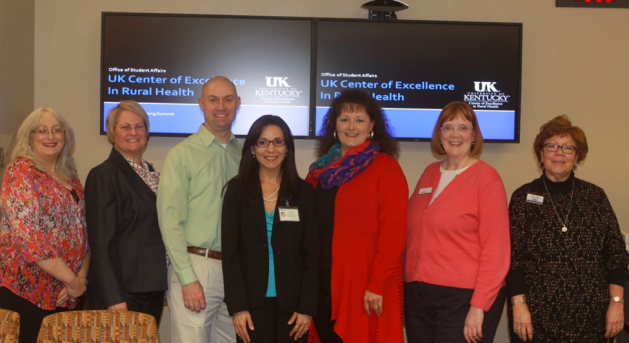

Rural Appalachian communities in eastern Kentucky suffer from some of the Nation’s most concerning health disparities. Community-based research can be an effective way to address health disparities by identifying problems and sharing workable solutions.

Lexington, Ky. (Jan. 29, 2016) – Life after a stroke can be a big adjustment for both a patient and their family. Speech, walking, coordination — tasks once simple, nearly automatic— become difficult or impossible after a stroke. Meanwhile, health care after a stroke can get complicated, especially if someone also has conditions like diabetes or heart disease. In a rural setting, the distance from doctors and resources exacerbates these challenges.

HAZARD, Ky. (Nov. 20, 2015) – The Kentucky Office of Rural Health (KORH) and the University of Kentucky Center of Excellence in Rural Health (UK CERH) joined the National Organization of State Offices of Rural Health (NOSORH) and other state/national rural stakeholders to celebrate National Rural Health Day.

LEXINGTON, Ky. (Sept. 30, 2015) — Eight community leaders have been selected to participate in the second annual Community Leadership Institute of Kentucky (CLIK). The program empowers community leaders and organizations to reduce health disparities, leverage funding, and use data to improve services and programs.

In 2015, the University of Kentucky commemorated 150 years as the Commonwealth's flagship, land-grant institution.
As part of that yearlong celebration, the institution and its leaders are finding ways to underscore the enduring commitment — and linkage — between the Commonwealth and a university that exists to serve the state.

The UK Center of Excellence in Rural Health, the Kentucky Office of Rural Health, and the UK CCTS Community Engagement and Research Program are requesting applications for the Community Leadership Institute of Kentucky (CLIK), a 4-5 week intensive leadership development training program. The CLIK is designed to enhance research and capacity-building competencies in community leaders (e.g., directors, administrators, and other persons who play a key role in using data and decision making). There are 8-12 slots available for the 2015 class.